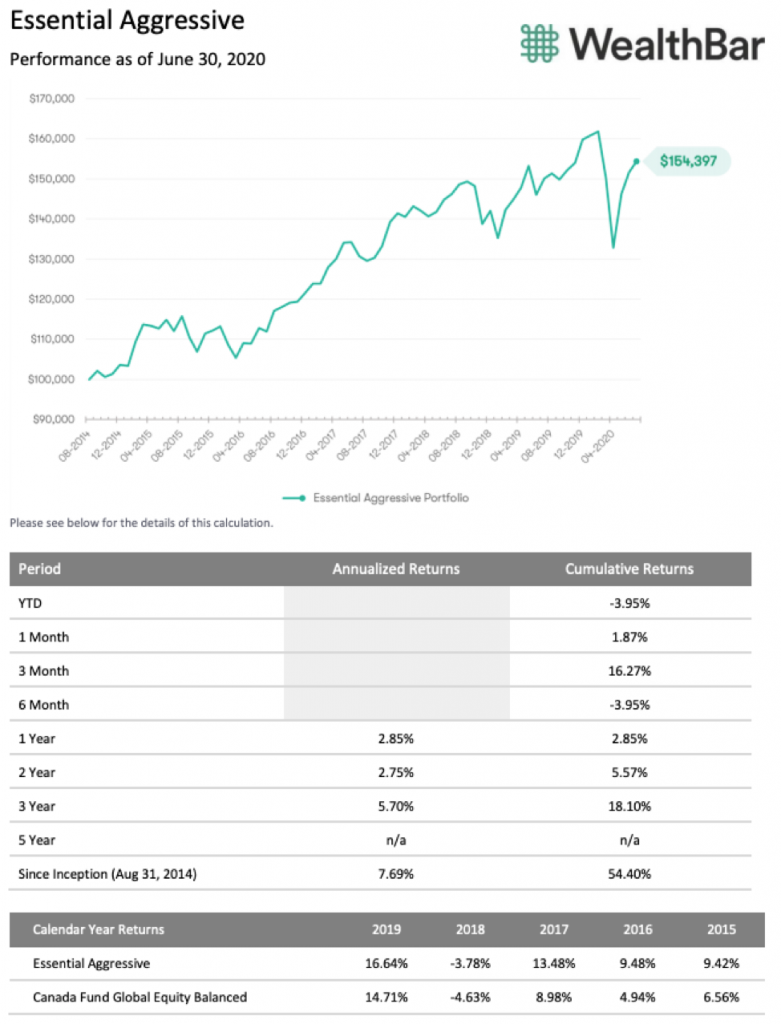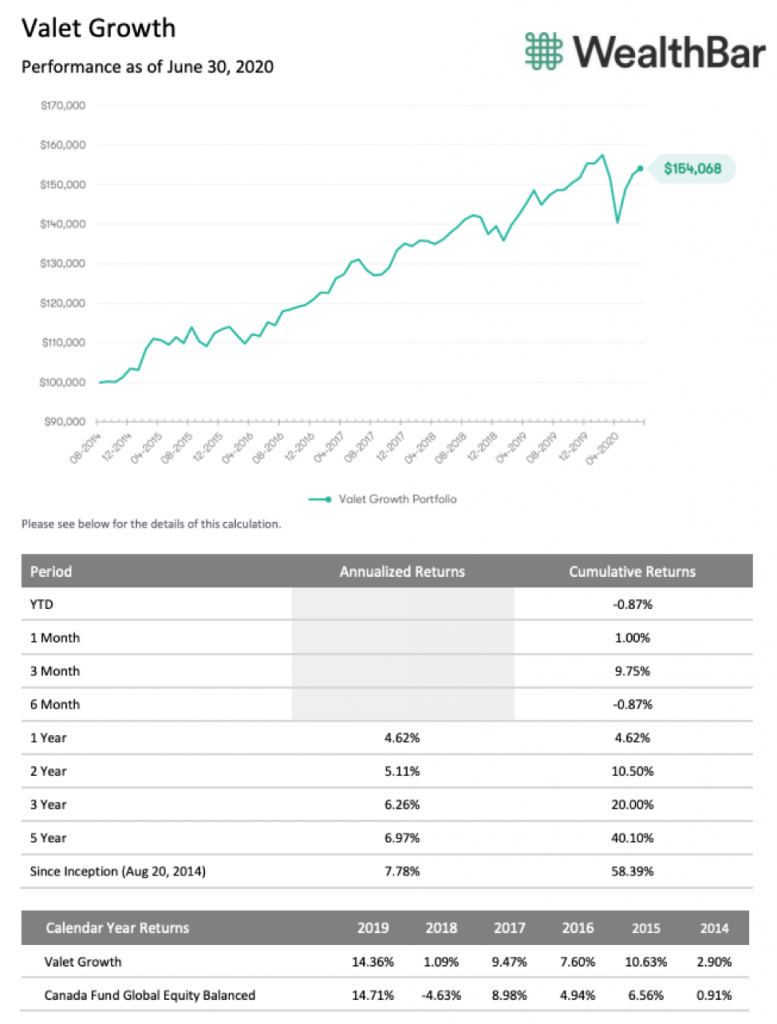
Well, today’s that day! The stock market just passed where it started on January 1st, so against all odds we are ‘up’ for the year. The S and P 500 (US stock index) just crossed to 3236 as I post this. It started the year at 3230.
This sounds good, but there’s a nagging feeling that this is ‘irrational exuberance’. With Canada posting a deficit of $343 billion (and the US and UK set to do much worse), record unemployment, and staggering drops in GDP (measure of national economic output), how can things appear so calm? But then, they haven’t been calm at all.
After dropping 30% in five weeks from the mid-February high, the market has grown by 43% in just over 100 days.
Clients and friends keep asking me if they should keep money on the sideline and wait it out, sell, or pour money in. But when we look at this year’s roller coaster ride (down 30%, then up 43%), surely we can see that trying to time the market is a fool’s game.
The proven answer over the long-term remains the same: build a plan based on proven principles, then stay the course.
If you have a plan, review it regularly, and invest systematically, you’ll do well. The overall system works very well over long periods of time. Research has clearly shown that trying to time the market results in failure for the vast majority. That’s the simple message of many financial coaches such as Dave Ramsey and others.
Rather than trying to pick stocks, funds, or managers, it’s now easier to just buy the indexes and enjoy the appreciation. And it’s also cheaper–fees are much lower this way.
Here are a couple of sample results that show how things can go through good times and bad. This fund is much along the lines of what people like Dave Ramsey and others espouse in investing–all equities, large and small companies, North America and Global: https://bit.ly/spvg202006

This next fund has some fixed income, and 30% real estate, so less volatile and less tied to the stock market. The real estate is actively managed, so it’s not just index funds: https://bit.ly/spea202006

These aren’t recommendations from me, you can only make those decisions wisely in the context of a plan. But simply examples of how things can go following a few simple investing principles. And both funds are either entirely or substantially portfolios of Index funds, so costs are kept lower.
For now, I think all we can say about the stock market is that, in the short term, there will likely be a lot of turbulence. And in the long term, it will very likely continue to perform well, as it has for many decades.
